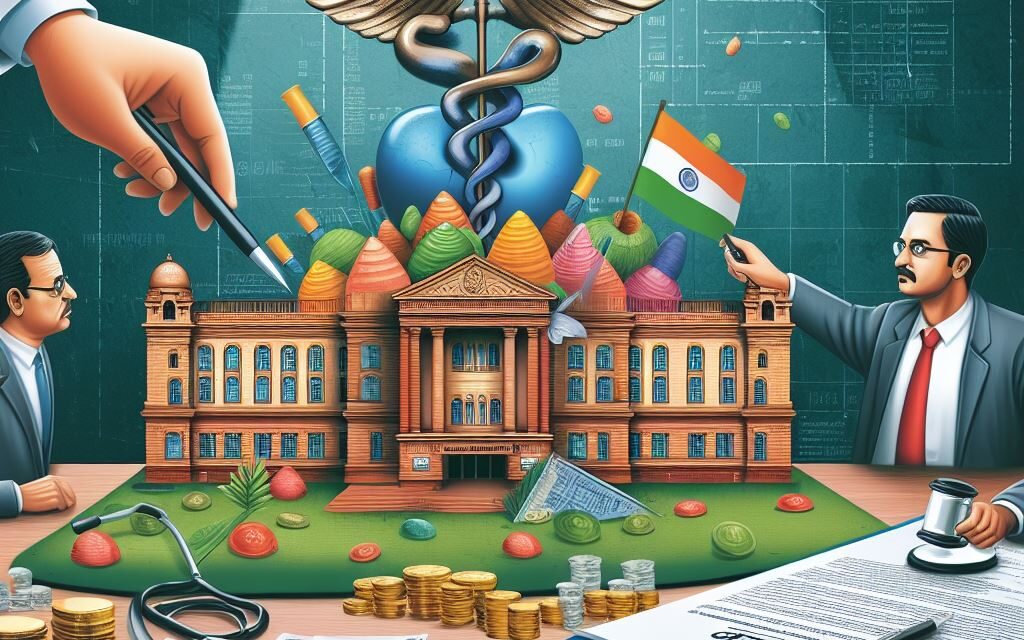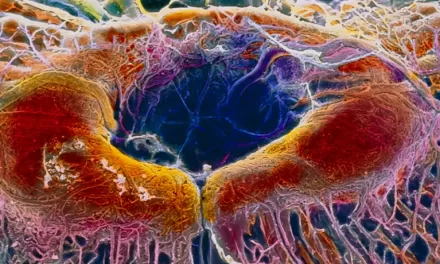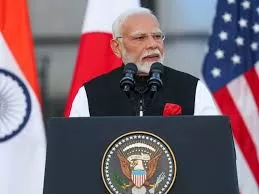New Delhi: India is no longer just a follower but is emerging as a global leader in sectors like space, health, and the bioeconomy, said Jitendra Singh, Union Minister of State (Independent Charge) for Science and Technology, on Wednesday.
Highlighting the remarkable advancements the nation has made in recent years in fields such as space exploration, biotechnology, and nuclear energy, Singh emphasized India’s growing influence on the world stage.
“India is no longer just a follower but is now setting global benchmarks, offering leadership and pioneering innovations across sectors,” Singh said. “The clock has turned 360 degrees. Earlier, we learned from others; now, the world is looking up to us. The traffic is both ways.”
India’s Rise in Space Technology
One of the major highlights of India’s space advancements is the recent success of the Space Docking Experiment (SpaDeX), which established the country’s capability in orbital docking. Calling SpaDeX “a testament to India’s technological progress,” Singh noted that it would pave the way for future space missions, including Gaganyaan, Chandrayaan-4, and the Bharatiya Antariksh Station (BAS)—India’s planned space station.
India has also emerged as a preferred destination for satellite launches, solidifying its credibility in the global space industry. “India has successfully launched 433 foreign satellites, of which 396 were deployed in the last decade alone, generating $157 million and 260 million euros in revenue from 2014-2023,” Singh said.
Pioneering Advancements in Biotechnology and Bioeconomy
The Minister highlighted India’s groundbreaking contributions to biotechnology, including the introduction of the first herpesvirus vaccine for cervical cancer, reinforcing its position as a leader in preventive healthcare.
Furthermore, India’s bioeconomy has seen a meteoric rise from $10 billion in 2014 to nearly $140 billion, with projections to reach $250 billion in the coming years. Singh also noted the exponential growth of biotech startups, which have increased from just 50 in 2014 to nearly 9,000 today.
“India is now a global hub for biotech innovation. In bio-manufacturing, we rank third in the Asia-Pacific region and 12th globally, with our influence expanding rapidly,” he said.
Venturing into Space Biology and Nuclear Energy
India is also making significant strides in space biology, laying the groundwork for human survival beyond Earth. Singh explained that the study of space medicine and human physiology in extraterrestrial environments is becoming a critical area of research, and India is now setting global standards rather than merely following others.
In the nuclear energy sector, Singh noted India’s ambitious goal of generating 100 gigawatts of nuclear energy by 2047, aligning with the country’s commitment to reducing carbon emissions by 50%. He emphasized that India’s peaceful nuclear policy, originally envisioned by Dr. Homi Bhabha, has become a model for responsible energy development.
A Global Power in Science and Technology
India’s scientific contributions continue to gain international recognition. The country now ranks fourth globally in scientific publications, and the nation’s space economy is expected to grow 5 to 10 times in the next decade.
Singh’s remarks underscore India’s transformation from a developing nation into a global powerhouse in science and technology, reinforcing its commitment to innovation, sustainability, and space exploration.
Disclaimer: This article is based on statements made by Union Minister Jitendra Singh. While all efforts have been made to ensure accuracy, readers are encouraged to refer to official government sources for further details.












